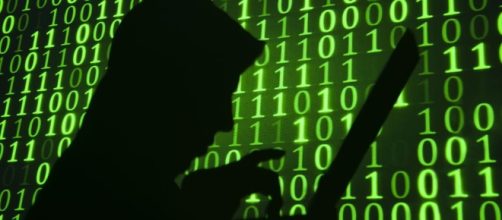Maxim Senakh, a 41-year-old hacker of Velikii Novgorod, Russia, gambled on getting rich quick by pushing malicious malware onto computer servers and systems and through E-mail spam schemes. Crime didn’t pan out or pay well enough to prevent Senakh from pleading guilty in a Minnesota federal court yesterday. He violated the Computer Fraud and Abuse Act (CFAA) and committed wire fraud.
From Russia with rhetoric to Minnesota through Finland
The United States Department of Justice (DOJ) indicted Russian Hacker Senakh January 2015, Finland detained him and then extradited him to the U.S.
in 2016. Russia objected, claiming his extradition was legal abuse and saying his detention was both an illegal practice and a witchhunt. Missing from Russia’s equation was that Senakh would confess in open court before Patrick J. Schlitz, a U.S. District Judge in Minnesota.
Senakh said he conspired and violated the CFAA, along with admitting to wire fraud charges. He also said that he is responsible for creating domains through registrar companies, which established the foundation to redirect traffic on the Internet needed to bolster E-mail scam schemes and commit check fraud.
No small feat for the DOJ
Rarely does the DOJ witness a Russian hacker own up to misdeeds – misappropriating information and finances by misdirecting internet traffic for millions in profit.
Russian hackers are mostly elusive, slipping through the DOJ’s grasp. Not this time and not in this case of global fraud.
Senakh has, now, said that he is behind the Ebury infections and he personally profited. Point blank and stay tuned for the period on the sentence, Russia. Senakh’s sentencing is on the calendar for August 3, 2017. He’s looking at the possibility of a 10-year prison term.
Russia missing a pawn in its organized crime neighborhood
Senakh, working with co-conspirators for a criminal organization, infected computer servers with a botnet called Ebury, a backdoor trojan, according to prosecutors. The effect of the infectious malware was millions of dollars was collected fraudulently from computer systems that were compromised.
Craig Lisher, FBI spokesman (Minneapolis, MN) said FBI cyber investigators found that citizens in Minnesota were being victimized from the threat the Senakh and cohorts launched. That is why the Minnesota federal court is adjudicating the case.

